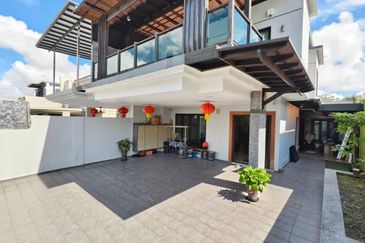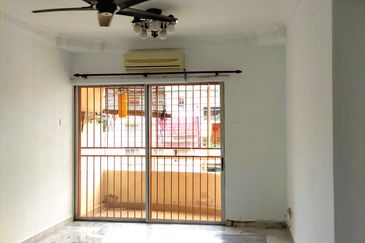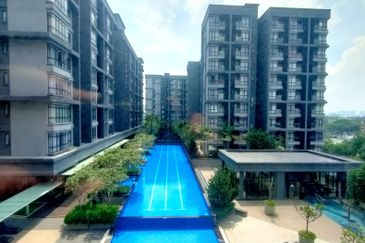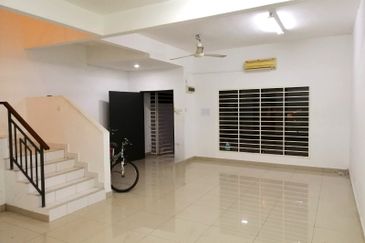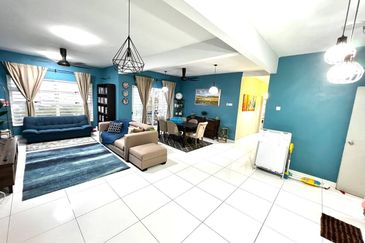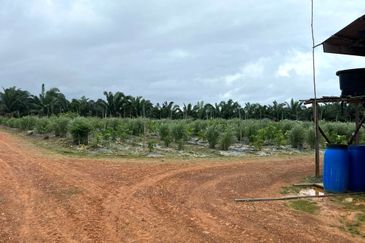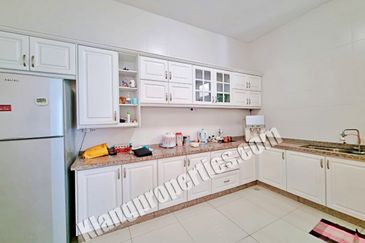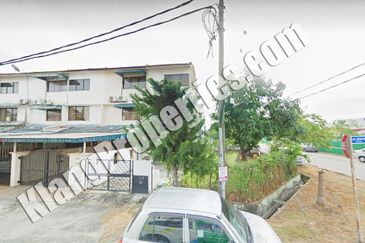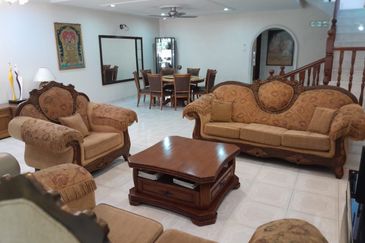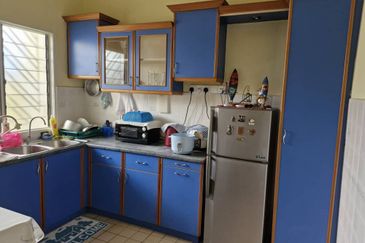KUALA LUMPUR (Nov 8): Despite a controversial price tag, the East Coast Rail Link (ECRL) has earned some positive compliments from the analyst community for its potential to improve connectivity, which could spur more economic activity along the east coast.
UOB Malaysia economist Julia Goh told The Edge Financial Daily that “in a big picture”, she views ECRL as a positive move in improving connectivity.
“If you look at how the World Bank weighs whether a country is friendly to FDI (foreign direct investment), connectivity is one of the factors they always consider. We look at it from a bigger picture. If you look at some of the advanced economies like Europe and the US, there is anti-trade sentiment going on. Therefore having infrastructure projects like this to increase trade activities is a positive for Malaysia,” she explained over the phone.
AffinHwang Investment Bank Bhd construction analyst Loong Chee Wei concurred, saying the project also bodes well considering the Malaysia-China Kuantan Industrial Park and the Kuantan Port.
“These are the kind of multiplier effects that [we] can look forward to, for the stretch between the Klang Valley and Kuantan. It is a good project. The challenge is always getting the funding for it and the feasibility,” he said.
However, Loong noted that it remains to be seen if there will be high demand for the Kuantan to Tumpat portion of the rail project.
“It depends on what is the government’s purpose on this, sometimes for social purposes, a project may be loss-making but it will still continue regardless of commercial viability,” he explained.
In terms of the construction cost, Loong said he is not able to gauge whether RM55 billion is fair because details are not yet known.
“It is very hard for me to look at the total cost and determine whether it is expensive or not. We are not sure what is included in the RM55 billion,” he explained.
“Compared with the Ipoh-Padang Besar double track, which cost about RM38 million per km, ECRL is more than double,” said Loong. It may include financing costs but it cannot be ascertained at this juncture, he added.
At RM91.67 million per km, the ECRL is widely viewed as one of the costliest rail projects in the world. The Edge weekly’s latest issue, quoting industry experts, reported that the fair construction cost for the 600km stretch of ECRL would be RM30 billion.
Last week, Transport Minister Datuk Seri Liow Tiong Lai reportedly said that the construction cost for ECRL is actually less than RM55 billion. Instead the RM55 billion sum was simply the amount available under the financing framework.
On the other hand, JF Apex Securities’ senior analyst Lee Cherng Wee opined that the ECRL would be expensive, due to the mountainous terrain between the Klang Valley and Kuantan.
However, Lee qualified that the project value would be difficult to gauge because of the limited details.
While opposition politicians have condemned the project’s economic viability due to a lack of demand of rail services along the east coast, Lee pointed out this was a “chicken and egg” argument.
“The demand is low now, but is it because they don’t need it? Or because there has not been such a service for them before?” he questioned.
This article first appeared in The Edge Financial Daily, on Nov 8, 2016. Subscribe to The Edge Financial Daily here.
TOP PICKS BY EDGEPROP
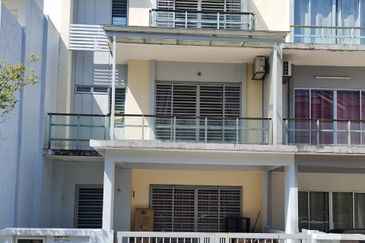
Taman Salak Selatan
Salak Selatan, Kuala Lumpur
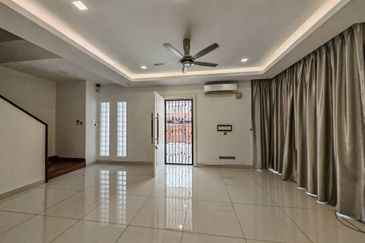
Bandar Botanic
Bandar Botanic/Bandar Bukit Tinggi, Selangor
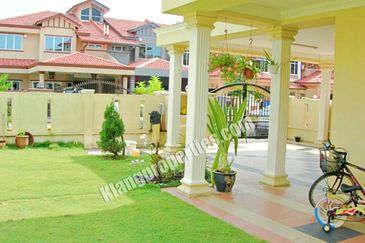
Bandar Botanic
Bandar Botanic/Bandar Bukit Tinggi, Selangor
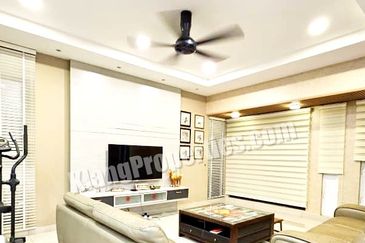
Ambang Botanic
Bandar Botanic/Bandar Bukit Tinggi, Selangor
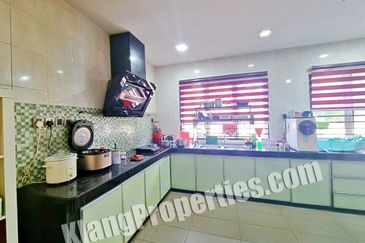
Ambang Botanic
Bandar Botanic/Bandar Bukit Tinggi, Selangor
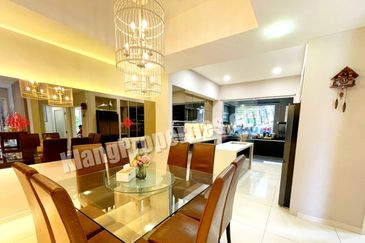
Bandar Botanic
Bandar Botanic/Bandar Bukit Tinggi, Selangor
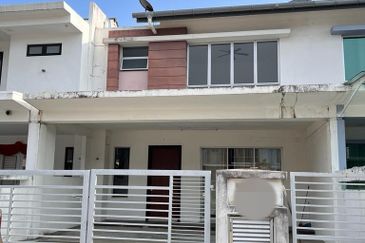
Ambang Botanic
Bandar Botanic/Bandar Bukit Tinggi, Selangor
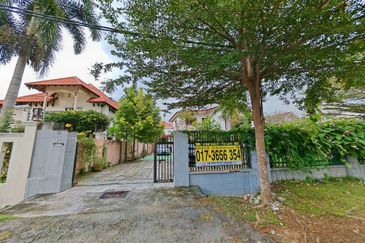
Taman Melawis (Taman Heng Luen)
Klang, Selangor
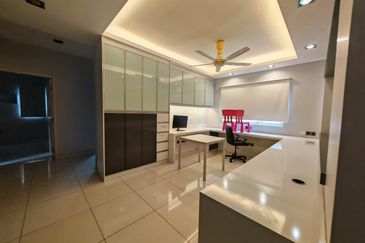
Bandar Botanic
Bandar Botanic/Bandar Bukit Tinggi, Selangor


